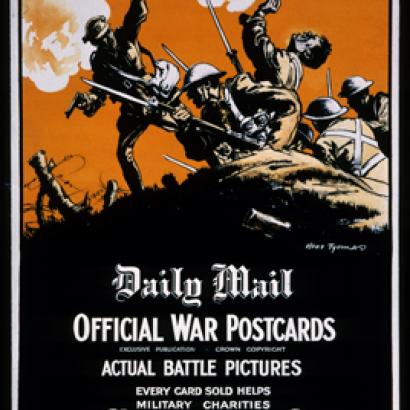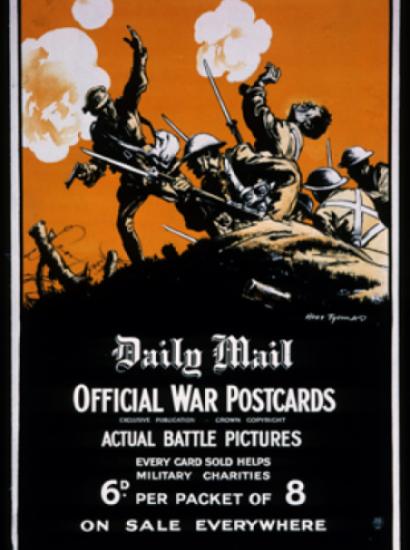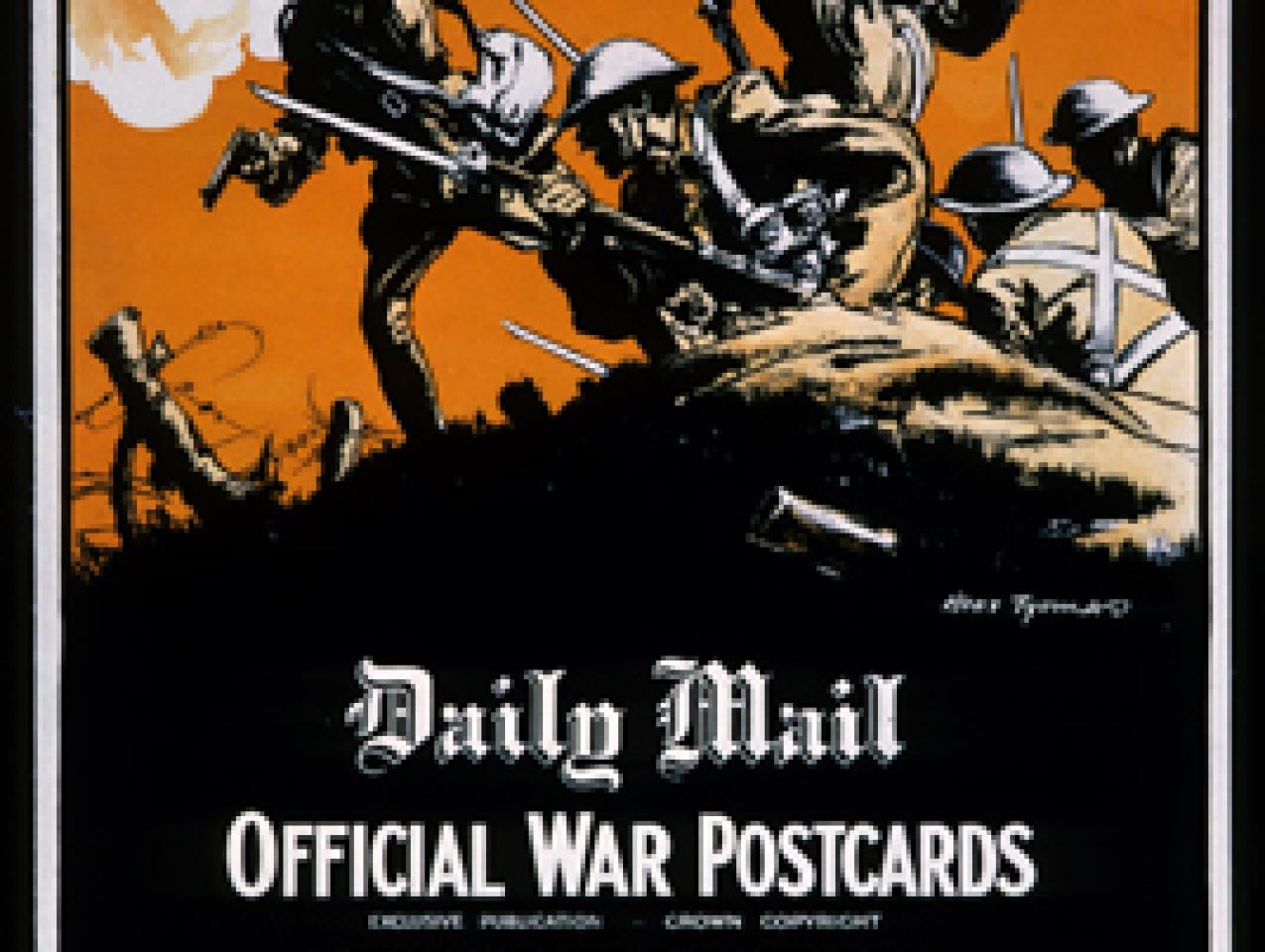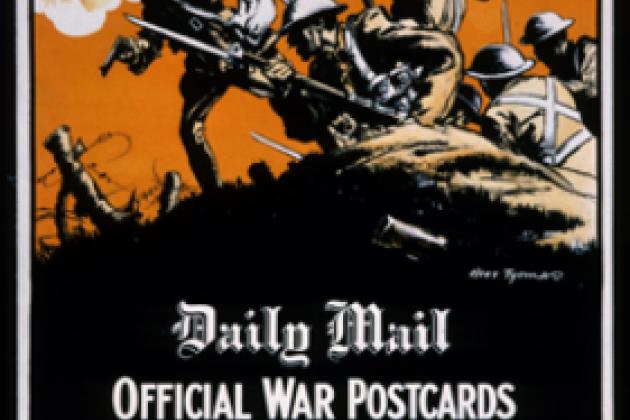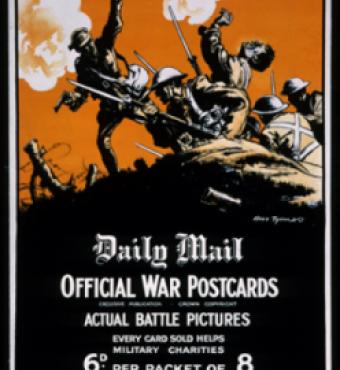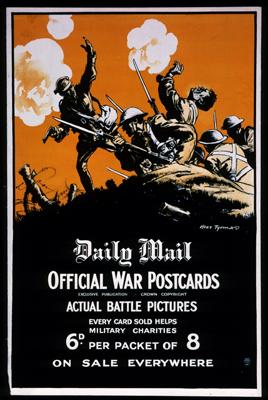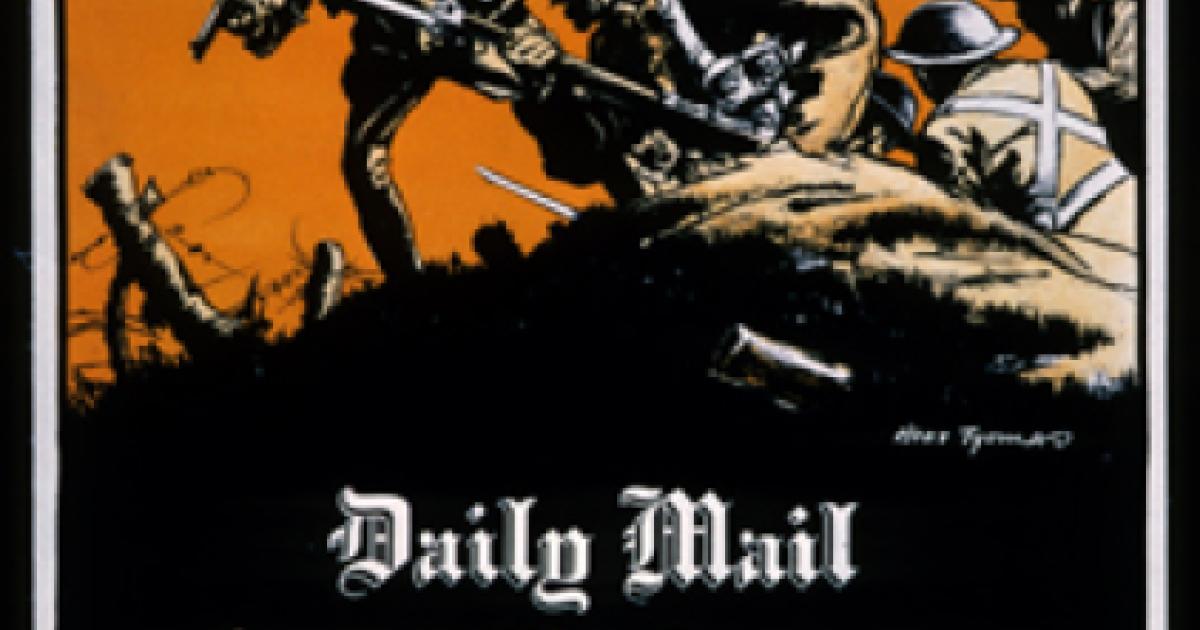- History
- Military
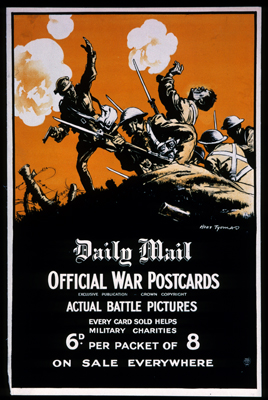
The centenary of the Battle of Passchendaele, also known as the Third Battle of Ypres, has been the big military history story in the news this week, with the British press covering it far more extensively than any other Great War centenary story, except perhaps that of the first day of the Somme Offensive last year. With over 1.5 million soldiers from almost every part of the British Empire having taken part in the battle—which lasted from July 31 to November 6, 1917—it has also been extensively covered in Canada, Australia, New Zealand, and elsewhere. The French also contributed six divisions of 180,000 men.
The Daily Mirror did well to track down Joan Parsons, who, at 96 is Britain’s last Great War widow. She was married to Freddie Parsons who had fought at Passchendaele. “As his wife, I became a listener, and I felt that helped him,” she told the newspaper. “I did not ask him, I let him come to me. It did worry him a lot; it was so real to him. He told me there were bodies lying in the trenches smothered in mud and they would have to tread on them. The trenches would be full of water and the bodies were floating.” Horses drowned too, after the heaviest rainfalls in the West Flanders region of northern Belgium for thirty years. The battle for control over the ridges south and east of the town of Ypres—nicknamed “Wipers” by the tommies—engulfed much of the region.
The fact that the prime minster, David Lloyd George, was personally deeply opposed to the offensive, and sensibly wanted to wait for the arrival of American troops in the Western Front theatre in the spring of 1918 before undertaking yet another costly assault, has reignited the old debate over whether war is too important to be left to the generals. The reputation of the chief proponent of the attack, Field Marshal Lord Haig, has long been a topic of vigorous debate amongst historians, but in today’s media it is clearly still sunk deep in the mud, appropriately enough.
Taking five miles of territory in over three months’ fighting produced around 325,000 Allied and 260,000 German casualties, although the final numbers will never be known. The commemorations will be impressive and dignified, but the lessons produced by the news media this week have mostly been blindingly obvious and verging on the trite. The Guardian even managed to eke out a moral that sounded suspiciously like yet another criticism of Brexit, about the importance of “wisdom, compassion and humility” in British dealings with the European Continent (for which read European Union). For such banalities—and a tiny, obliterated Belgian village called Passchendaele—did over half a million brave men die.







